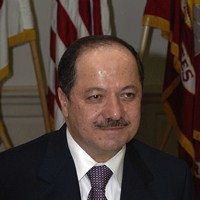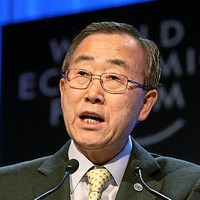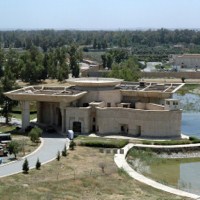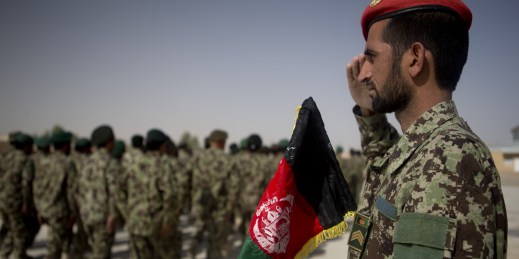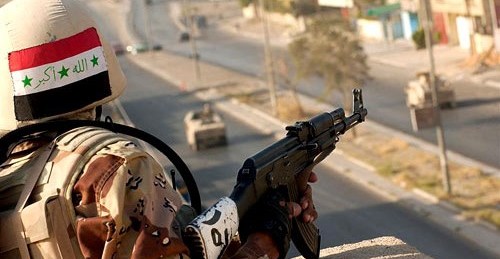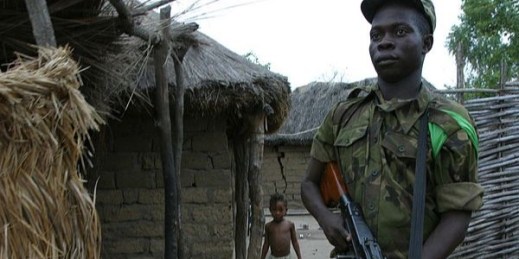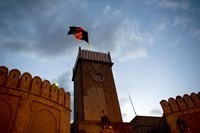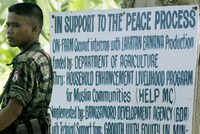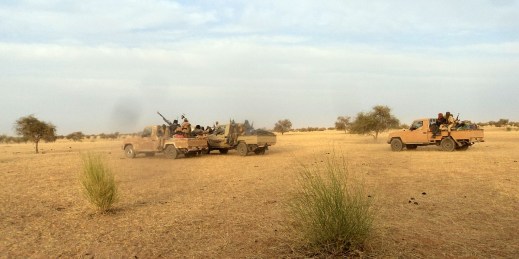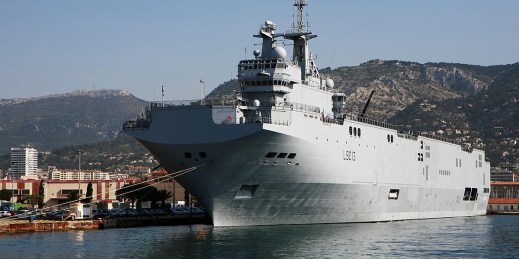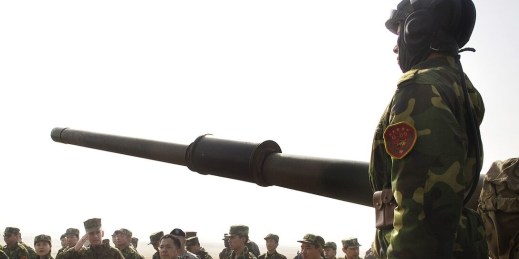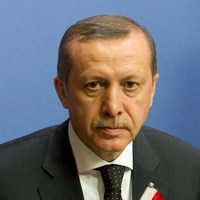
The fall of Mosul to the Islamic State of Iraq and Syria (ISIS), also referred to as the Islamic State of Iraq and the Levant (ISIL), suddenly put Iraq back on the top of the U.S. foreign policy agenda. Although stories of fleeing Iraqi troops and stolen U.S.-supplied Humvees got most of the attention in U.S. media, the hostage-taking of 49 Turkish citizens, including special forces, diplomats and children, from the Turkish consulate in Mosul, as well as 31 other Turks from elsewhere in northern Iraq, could limit U.S. options in responding to the growing chaos in Iraq. Turkey imposed […]



